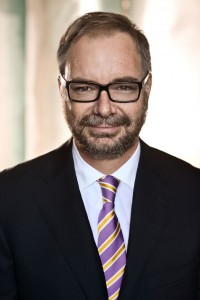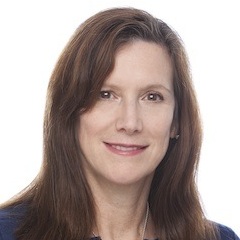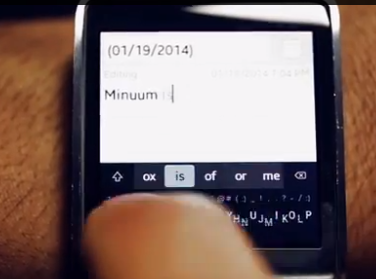Whirlscape exits beta, launches version 2.0 of the Minuum keyboard
Whirlscape Inc., a graduate of the University of Toronto Early-Stage Technology (UTEST) program’s cohort graduate, exits beta with the version 2.0 release of Minuum, their hit “small keyboard for big fingers.”
Whirlscape Inc. graduated from the University of Toronto Early-Stage Technology (UTEST) program’s first cohort. UTEST is accepting applications for its third cohort until April 17. Click here to apply.
Version 2.0’s release is already a popular download for Android Apps in the Google Play store. Users can get a 30-day free trial of Minuum and experience new features, including a widely anticipated addition of a Brazilian Portuguese language module, the company’s most requested language.
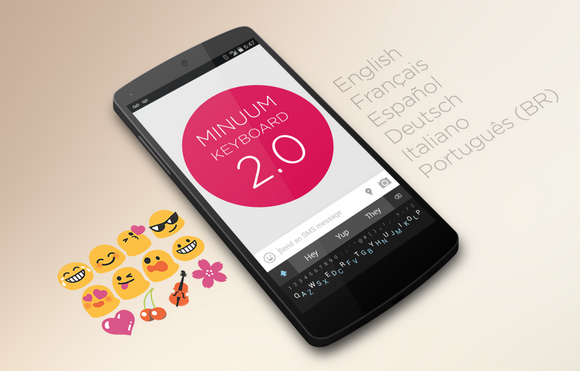
Will Walmsley, Whirlscape’s CEO, spoke with Daniel Bader of MobileSyrup. Here’s an excerpt from the article:
“We’re constantly testing out new features and improving the disambiguation algorithms,” says Will Walmsley, CEO and co-founder of the company he started at U of T’s Dynamic Graphics Project lab. The company raised $500,000 in seed funding earlier this year, and under the advisement of Y Combinator, began releasing often, trialling new features in what they call Bonus Panels, secondary functions that quickly allow users to change languages, add emojis and more.

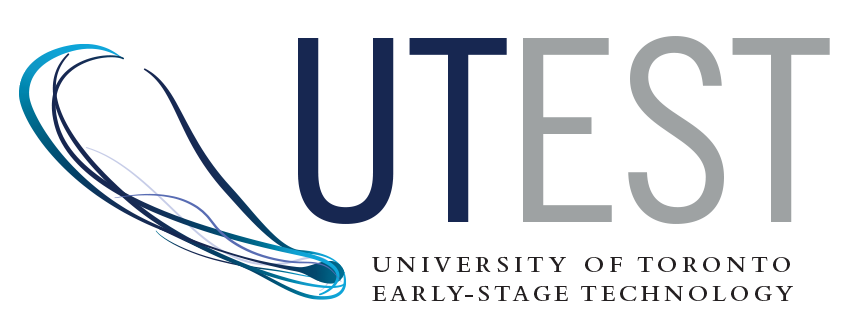
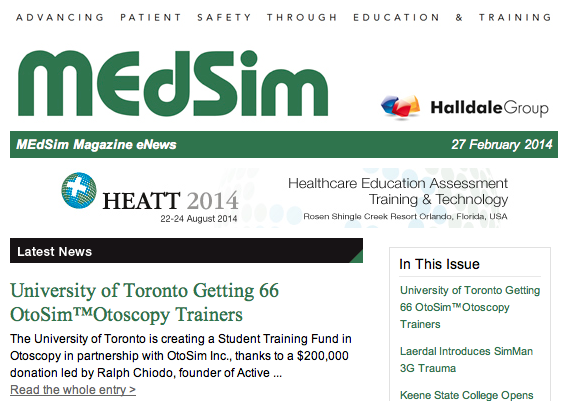
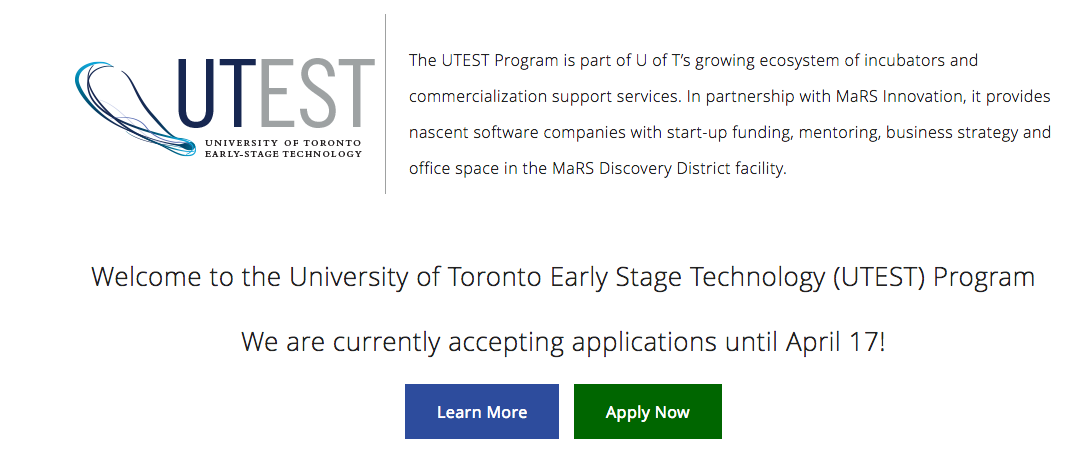
 Crowdmark
Crowdmark